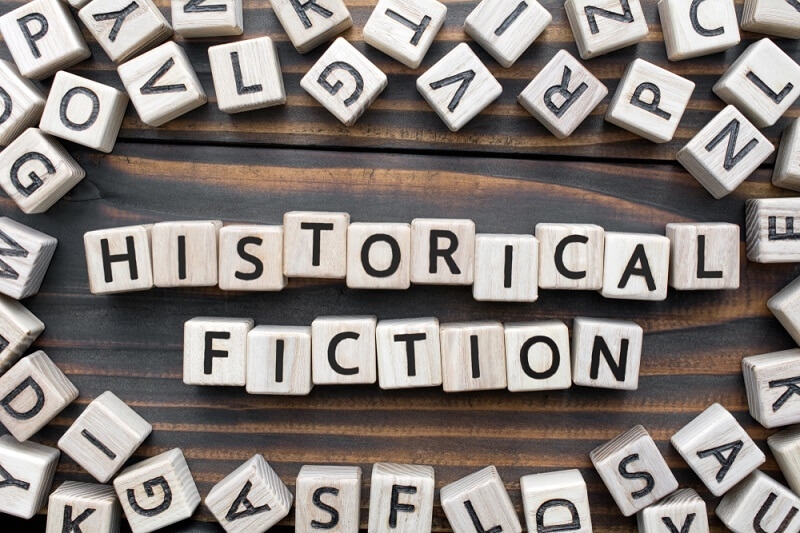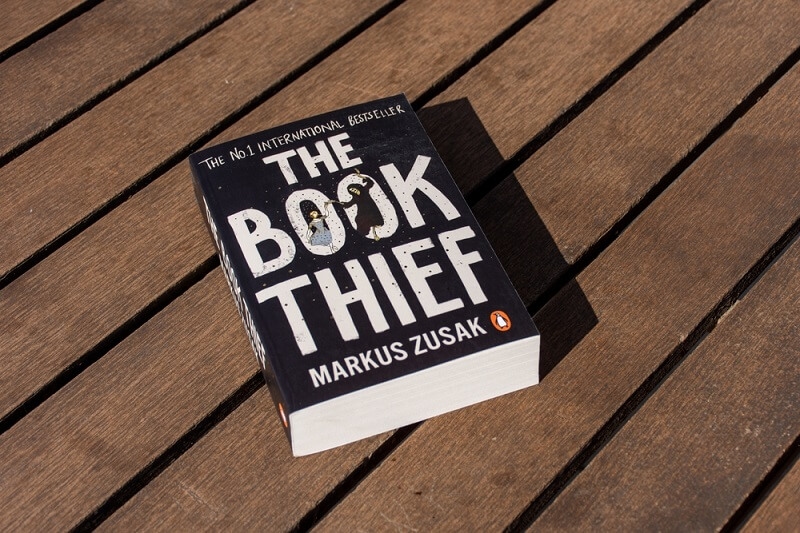
Why do we keep going back to the past? Maybe because the present feels too fast, too noisy. Or maybe because history holds the kind of drama no Netflix script can really match. Kings and queens, lovers and rebels, ordinary folks trying to survive extraordinary times. That’s what makes historical fiction irresistible—it’s history with heart.
So why bother reading made-up stories about real times? Because it’s the only way to feel history in your bones. Nonfiction gives you dates and facts; novels give you breath, sweat, and heartbeat. They remind us that behind every event were people—ordinary, flawed, brave, terrified. That’s what keeps us hooked.
The trouble is, there are so many books in this genre it’s hard to know where to begin. So, instead of sifting through endless lists, here’s a top ten that actually deliver. Stories that pull you into another century and don’t let you go.
This one almost doesn’t need an introduction. A blind French girl. A German boy. A city under siege. Doerr writes it all with such delicacy that even the brutality of war feels strangely luminous. It’s not just a war novel—it’s a meditation on resilience. If someone asked for the best historical fiction set in WWII, this is usually the first answer, and it earns that title page after page.
Sisters who love each other, fight each other, and risk everything for survival in Nazi-occupied France. Kristin Hannah knows how to gut-punch her readers, and here she does it with grace. The tension, the heartbreak, the moments of defiance—they all feel terrifyingly real. People often say it reads like one of those historical novels based on true stories, and honestly, that’s the highest compliment.
Let’s get this out of the way: yes, there’s time travel. But don’t let that stop you. What makes Outlander shine isn’t just the leap from WWII to 18th-century Scotland—it’s how Claire, the heroine, navigates both worlds with grit and vulnerability. And then there’s Jamie Fraser. Enough said. This is the gold standard when people ask for historical romance recommendations—sweeping, steamy, and surprisingly smart.
If you’ve ever thought the Tudors were overdone, think again. Mantel drags you right into Thomas Cromwell’s head and makes the politics, betrayals, and endless scheming feel dangerously alive. It’s not the easiest read, but it rewards patience with sheer brilliance. This is one of those must-read historical sagas that prove fiction can be as sharp and layered as any history book.

A story narrated by Death itself shouldn’t work, but it does. Young Liesel steals books in Nazi Germany and shares them with neighbors and a Jewish man hiding in her basement. It’s tender and devastating all at once. Perfect if you’re dipping your toes into the genre. In fact, it might be one of the best beginner historical fiction books out there—moving without being intimidating.
Epic. That’s the only word for it. Four generations of a Korean family in Japan, dealing with poverty, discrimination, and relentless hope. Every character feels flesh-and-blood, their choices messy and painfully human. The scope is huge, but the little details—the taste of food, the weight of silence—make it unforgettable.
Think cathedrals are boring? Not when Follett gets his hands on them. This saga of medieval ambition and betrayal is filled with enough twists to rival any modern thriller. Building a church shouldn’t be this gripping, yet somehow it is. Follett makes you care about masons, monks, and noble families like your own survival depends on it.
Tudor England again, but this time through Mary Boleyn’s eyes. Romance, scandal, betrayal—it’s all turned up to eleven. Gregory’s writing isn’t trying to be high-brow, and that’s exactly why it works. It’s juicy, dramatic, and addictive. If you want history with a soap-opera edge, this is the one.
A love story in the darkest of places. Lale, forced to tattoo numbers on fellow prisoners at Auschwitz, meets Gita and finds a reason to endure. Knowing it’s drawn from real testimony makes it cut even deeper. It’s one of those historical novels based on true stories that leave you thinking about the real people behind the fiction long after you close the book.
Imagine being locked inside a grand hotel while your country reshapes itself outside. That’s the life of Count Rostov, sentenced to house arrest in Moscow. Instead of feeling trapped, the novel opens up into a surprisingly rich world. It’s witty, elegant, and quietly moving. Towles proves you don’t need sprawling battlefields to create powerful historical fiction.
If you’re staring at this list wondering where to start, don’t panic. Go with what speaks to you. Love romance? Grab Outlander. Want something heartbreaking but approachable? The Book Thief has your back. Craving politics and scheming? Wolf Hall will pull you under. These are all solid beginner historical fiction books, so you can’t go wrong.
Sometimes, let’s be honest, the world today feels a bit much. Bills, deadlines, phones buzzing nonstop. Picking up a historical novel is like slipping through a hidden door. One minute you’re in your kitchen with a cup of coffee, and the next you’re standing in 18th-century Scotland or walking through a war-torn Paris street.
That’s the magic of these books—they give you escape, but also perspective. When you read about the struggles and triumphs of the past, your own problems feel smaller, or at least more manageable. That’s why people keep coming back to this genre.
Historical fiction isn’t just about castles or battlefields. It’s about lives lived before ours and what they can still teach us today. Some of these stories will make you cry, some will make you fall in love, and some will make you see history in a whole new way.
So the next time you want to travel but can’t, crack open one of these. You might just find yourself walking the cobbled streets of Paris, or sitting in a Moscow hotel, or standing under a Scottish sky centuries ago. The past is closer than you think—all you need is the right book to open the door.
This content was created by AI